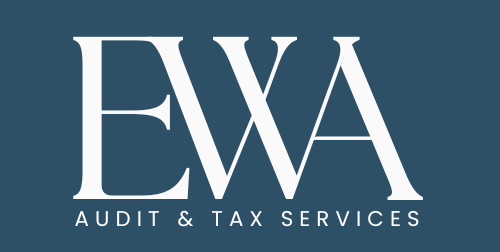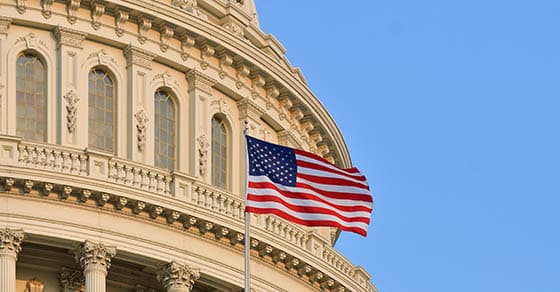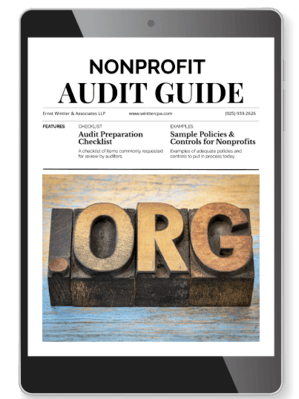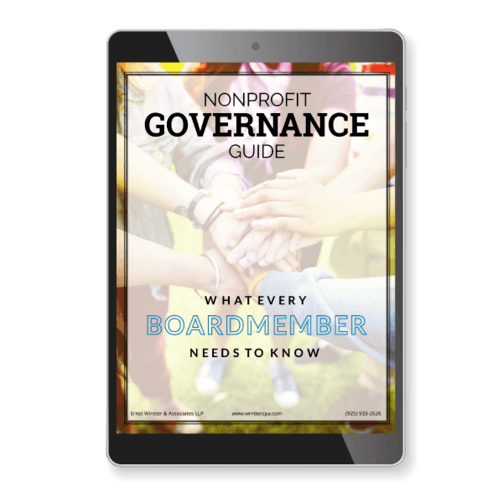On July 4, 2025, the One Big Beautiful Bill Act (OBBBA) was signed into law. It introduced major updates to the U.S. tax code. These changes will impact individuals, corporations, and other entities, including nonprofits.
Here’s what you need to know as a donor, board member, or nonprofit leader so you can prepare for the changes, most of which take effect in 2026.
Expanded Excess Compensation Tax Rules
Since 2018, nonprofits have been subject to an excise tax. It is equal to the corporate tax rate, which is 21%, on compensation over $1 million paid to covered employees. Historically, this meant the organization’s five highest-paid current or former employees.
The OBBBA:
- Broadens the definition of covered employees
- Introduces new taxation triggers for any employee who is paid over $1 million, not just the top-five earners
- Includes salary, bonuses, deferred compensation, and certain “excess” parachute payments as payments subject to the tax
While the change will impact only a small number of large nonprofits, it’s worth reviewing your organization’s compensation agreements and retention strategies now to avoid unexpected liabilities.
New Rules for Charitable Contribution Deductions
The OBBBA also introduces changes that affect how you can donate and deduct charitable contributions. These updates apply to individual and corporate donors.
Currently, non-itemizing donors cannot claim a deduction for charitable giving. Starting in 2026, nonitemizers will be able to deduct up to $1,000 ($2,000 in joint filings) in cash contributions to qualified charities.
The OBBBA also makes the 60% cap of adjusted gross income (AGI) on cash contributions permanent for itemizing individual donors. However, the first 0.5% of AGI will not be deductible. For instance, a donor with $100,000 AGI will not be able to deduct the first $500 in contributions.
Corporate donors face a new 1% taxable income floor for charitable deductions. Certain unused deductions can be carried forward for up to five years.
Impact on High-Net-Worth Giving
The OBBBA makes the historically high lifetime gift and estate tax exemption permanent. The current limit is $15 million for 2026, and it will be adjusted annually for inflation.
While this change provides certainty for estate planning, it may reduce incentives for wealthy donors to engage in large-scale charitable giving. That’s because fewer estates will be subject to the estate tax. Nonprofits that rely on major gifts should consider diversifying fundraising strategies.
Other Notable Nonprofit Changes
Some OBBBA provisions target specific types of organizations. For example, private colleges and universities with net investment income exceeding $750,000 per student will face a higher excise tax rate on that income.
If this change will impact your organization, it’s important to partner with an experienced tax advisor.
Preparing for the OBBBA
Most of the OBBBA changes take effect in 2026, so you need to start planning now. You should consider:
- Reviewing executive compensation policies
- Updating donor communications to reflect new deduction rules
- Revisiting long-term fundraising and estate gift strategies
- Consulting with your tax and legal advisors to ensure compliance
Make sure you choose a tax team that has experience working with nonprofits. Scheduling a nonprofit audit in 2025 can help you identify potential points of friction before the new OBBBA changes take effect next year.
Need Help Adapting to the OBBBA?
At Ernst Wintter & Associates LLP, our experienced team can assist with all of your nonprofit tax needs. Our auditors can identify potential issues that need to be addressed before tax code changes take effect in 2026. Contact us to schedule a consultation.








